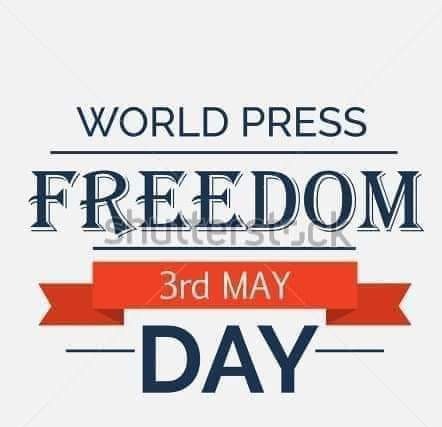Press Freedom in Nigeria: A Fragile Balance Between Rights and Reality
By Matthew Eloyi
As the world commemorates the 2024 World Press Freedom Day, the spotlight falls once again on Nigeria, where the landscape of media freedom is characterized by a delicate interplay between constitutional rights and stark realities on the ground. While the nation’s constitution guarantees freedom of speech and of the press, the actual exercise of these freedoms often faces formidable challenges.
In recent years, Nigeria has made strides in advancing media freedom, with a vibrant and diverse array of media outlets providing a platform for public discourse and accountability. However, this progress is tempered by persistent threats and attacks against journalists, as well as regulatory pressures that undermine the independence of the press.
One of the most pressing issues facing journalists in Nigeria is the threat of violence and intimidation. Reporters covering sensitive topics such as corruption, human rights abuses, and political dissent are frequently subjected to harassment, assault, and even murder. The chilling effect of these attacks reverberates throughout the media landscape, leading to self-censorship and a reluctance to pursue investigative reporting.
Moreover, the legal framework governing the media in Nigeria is often wielded as a tool to suppress dissent and stifle critical voices. Laws such as the Cybercrime Act and the Terrorism Prevention Act have been used to justify the arrest and detention of journalists, while draconian regulations empower government agencies to censor and control the flow of information.
Against this backdrop, the role of journalists as watchdogs of democracy is increasingly precarious. The ability to hold power to account and shine a light on corruption and abuse of authority is essential for the functioning of a healthy democracy. Yet, in Nigeria, journalists who dare to challenge the status quo do so at great personal risk, with little assurance of protection or justice.
Despite these challenges, Nigerian journalists remain undeterred in their pursuit of truth and accountability. From grassroots community radio stations to national newspapers, journalists continue to push boundaries and amplify marginalized voices, often at great personal sacrifice.
As we mark World Press Freedom Day, it is incumbent upon the Nigerian government and civil society to reaffirm their commitment to upholding the principles of media freedom enshrined in the constitution. This entails not only ensuring the physical safety of journalists but also creating an enabling environment for free and independent journalism to flourish.
In a democracy, the press serves as the fourth estate, a vital check on power and a voice for the voiceless. As Nigeria navigates the complexities of its democratic journey, the protection and promotion of press freedom must remain a cornerstone of its national agenda. Only then can the promise of a truly free and democratic society be realized.

